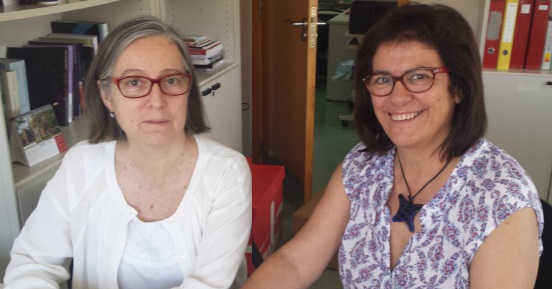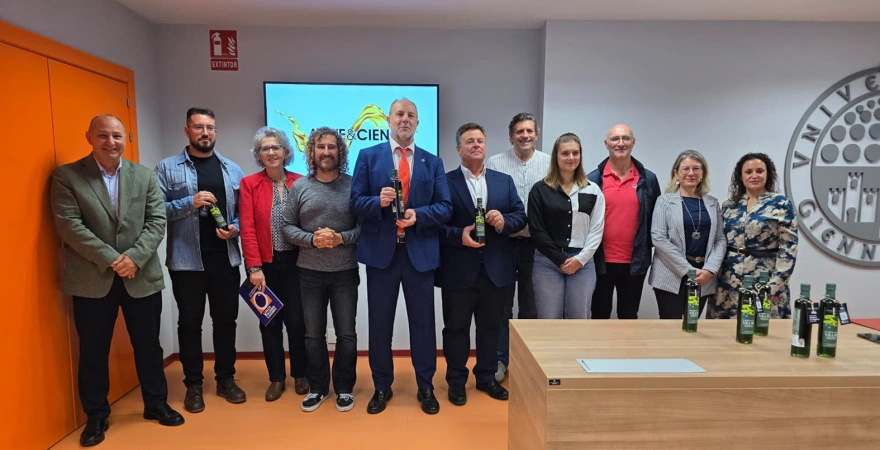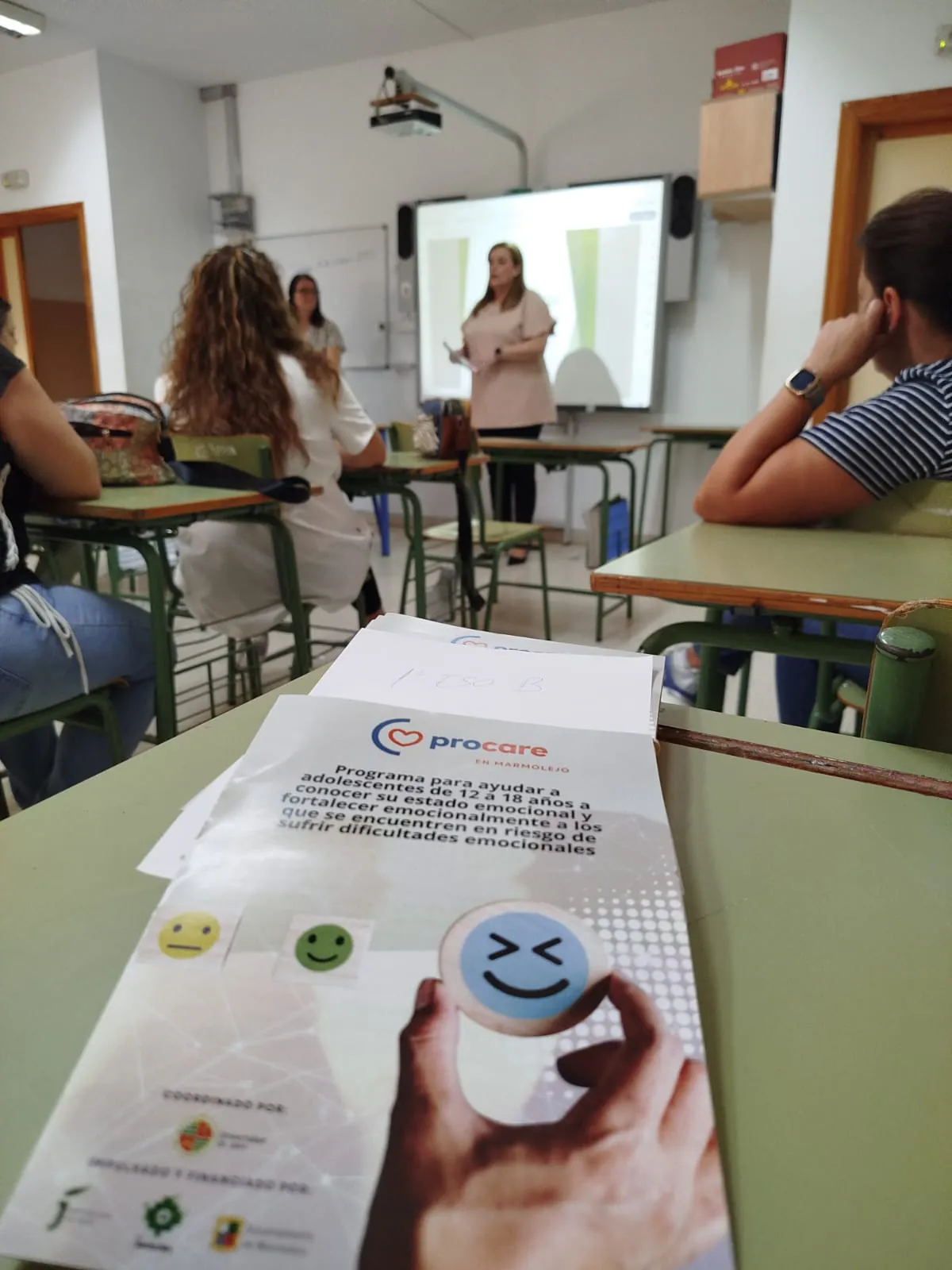The interdisciplinary project, led by the Universitat Rovira i Virgili, will evaluate the effects of COVID-19 on the mobility patterns of residents and visitors of Camp de Tarragona.
20/10/2020.- The Nutrition and Mental Health group (NUTRISAM) of the Universitat Rovira i Virgili (URV), member of the PROEM Network, is participating in a study that evaluates the effects of COVID-19 on the mobility patterns of people living in the Camp de Tarragona and its visitors and analyzes what effects have had on the health of these people the changes in the uses of transport and mobility caused by the pandemic.
This is a multidisciplinary project that will collect big data from mobile telephony, public transport smart cards, traffic gauges and large-scale surveys to make an unprecedented detailed analysis in real time, from which recommendations will be derived for the planning and management of urban and metropolitan mobility for technicians and public officials. The results can be extrapolated to the regions of medium-sized and tourist cities in the State, which concentrate most of the population.
The project, coordinated by the professor of the Department of Geography and researcher of the research group GRATET of the URV, Aaron Gutiérrez, counts with the collaboration of NUTRISAM, Victoria Arija, professor of the URV and director of the group, and Fina Canals, professor of the URV and Director of the Research Center for Evaluation and Measurement of Behavior. In addition, researchers from other fields belonging to EURECAT, the DOW/URV Chair of Sustainable Development, the University of California (Berkeley) and the Geospatial Technologies Research Group of the Universitat Jaume I are also participating.
The project, entitled ‘COVID-19 and mobilities in tourist territories: Changes in patterns and their effect on the physical and mental health of visitors and residents’ (COVMOVTUR), is novel in the field of mobility because it takes into account the impact of mobility on physical and mental health; it focuses on the study of medium-sized cities, which is where most of the population resides, rather than large cities; it takes into account not only the resident population but also the visitor population, and uses a combination of methodologies, with surveys and data mining from different sources, which had not been used so far in other research projects.
The NUTRISAM group will be in charge of the analysis of the impact of the changes in habits due to the pandemic on health, both physical and mental. In this sense, Aaron Gutiérrez highlights this aspect since “studies on Covid-19 focus on the immediate effect of the disease, but changes in habits, social practices and mobility patterns also have effects on people’s health”.
Previous studies show that the fear of contagion and the recommendations of public authorities have led public transport users to opt for private transport, especially for interurban travel, and, in some cases, active mobility, such as walking or cycling, has also been replaced by the private vehicle. “The anxiety generated by the fear of contagion in determining means of transport can affect mental health, and opting for non-active mobility is related to a worsening of physical and mental health,” says the coordinator of COVMOVTUR,
The study, which is financed by the call of the Supera Fund COVID-19 Santander-CSIC- CRUE Universities, will focus on the years 2020 and 2021, taking as a starting point the declaration of the state of alarm. Thus, in addition to providing evidence on the effect on people’s health, the research will provide key information for the tourism and transport sectors, which account for 14.6% of GDP in Spain. To this end, it will provide relevant results, both for streamlining the management of the impacts of the pandemic on the mobility of residents and visitors, and for planning public spaces in cities.


